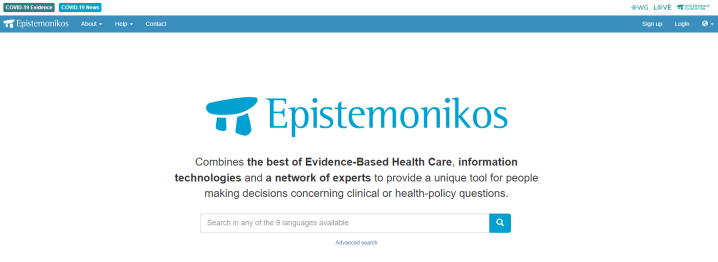Open Science Framework (OSF)
Open Science Framework (OSF) is a fully open access tool, for use in any discipline, which can be applied to virtually all stages of the research lifecycle from the planning and design phase all the way through to publication, access and reuse. Before diving into OSF, let’s back up a bit and talk about open science which refers to a set of principles and practices … Continue reading Open Science Framework (OSF)


